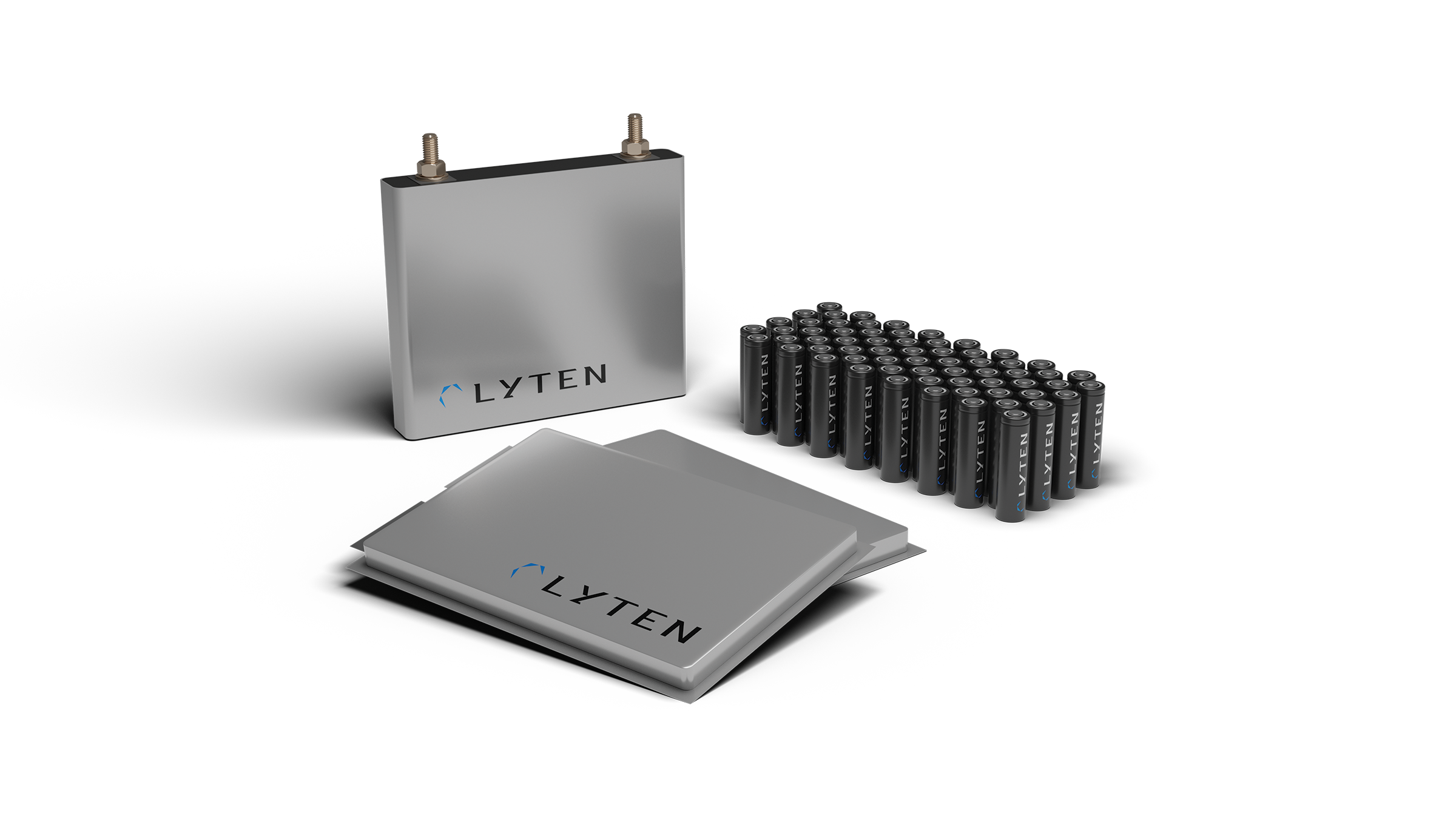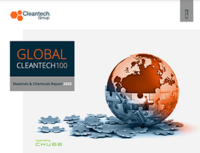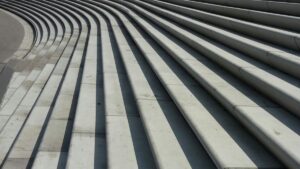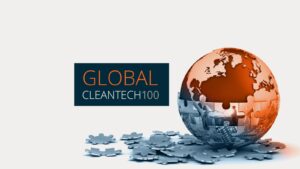Will Lithium-Sulfur Disrupt the Energy Storage Market?
Materials innovator, Lyten, has announced a $200M Series B fund raise led by Prime Mover Labs (PML). The funding will support production of lithium-sulfur batteries and enable the development of composites and other applications using Lyten’s 3D Graphene™.
This funding signals a potential shift towards lithium-sulfur battery chemistries, which could provide performance improvements and address challenges associated with incumbent technologies.
Incumbent Battery Technologies are Good, but Not Great
Scaling of renewable energy systems and the roll out of electric vehicles has created a huge demand for energy storage technologies. This demand is mostly met using different types of lithium-ion batteries, which have their own unique characteristics:
- High nickel chemistries (e.g. NCA/NMC batteries) have good performance in terms of energy density, but a higher cost and use more constrained materials (e.g. cobalt, manganese, nickel).
- LFP batteries have lower performance, but are inherently safer, cheaper, and contains fewer constrained materials.
Lithium-Sulfur Batteries Offer Advantages Over Incumbents
Lithium-sulfur has several potential advantages over incumbent technologies including:
- Superior Performance – lithium sulfur batteries have twice the energy density of NMC/NCA batteries.
- Fewer Critical Materials – Lithium-sulfur batteries do not contain nickel, cobalt, manganese, or graphite. They also have the potential for reduced carbon emissions.
- Safety – They are inherently safe with no risk of thermal runaway, as posed by some chemistries.
However, despite continued interest over the years, lithium-sulfur batteries have struggled to reach commercial production. Key challenges include poor cycle life caused by polysulfide shuttling, as well as inhibited charge rates and power density caused by the low electrical conductivity of sulfur.
Materials Innovations Can Enable Commercial Applications
Lyten has addressed these challenges by using its 3D Graphene. The approach improves cathode conductivity which enables fast charging, while ‘sulfur caging’ addresses the challenge of polysulfide shuffling.
Lyten opened a pilot line for production of lithium sulfur cells in June 2023 with nameplate capacity of 200,000 cells per year and will begin shipping to early adopting customers (e.g. for use in satellites) in early 2024. The remaining space on the pilot line is expected to be allocated before the end of the year, including allocation to Stellantis and other auto OEMs for cell testing.
Lyten’s Lithium-Sulfur Batteries

Other Companies Have Recognized the Potential of Lithium-Sulfur
Lyten is not the only company operating in this space, with other innovators looking to develop technologies which address the challenges associated with lithium-sulfur batteries.
- Zeta Energy is developing lithium-sulfur batteries leveraging a proprietary sulfurized carbon material. Zeta raised $23 million in a Series A round in February 2022
- Theion is developing lithium-sulfur batteries leveraging sulfur produced using the Direct Crystal Imprinting (DCi) method and solid-state polymer electrolytes. Theion raised an undisclosed amount in September 2023 from Enpal.
The Outlook for Lithium-Sulfur Looks Bright
Despite the challenges and the need to prove out lifecycles, lithium-sulfur batteries could disrupt the energy market in the latter half of this decade. The environmental benefits are attractive, and avoidance of several critical materials can enable carmakers to provide superior performance with fewer supply chain vulnerabilities.



